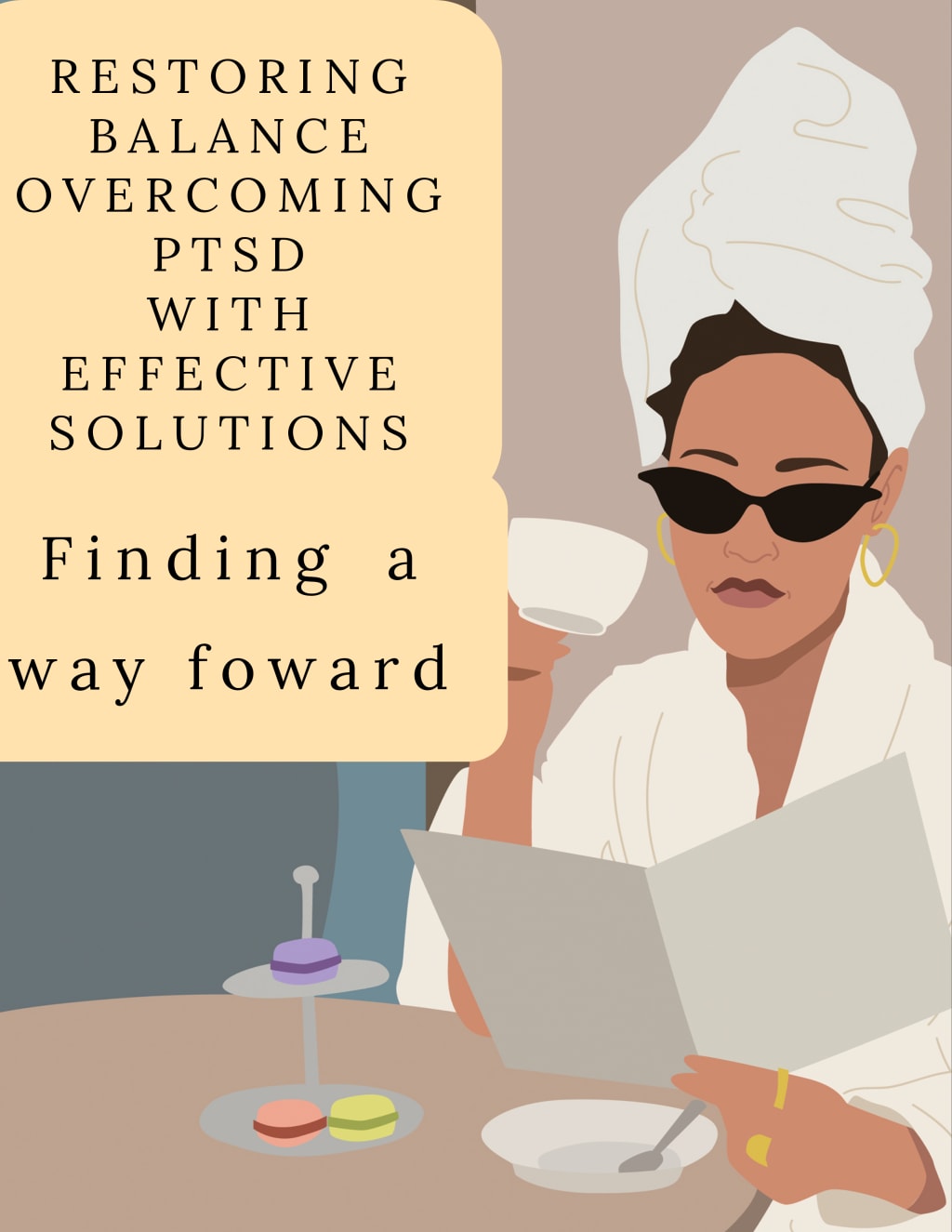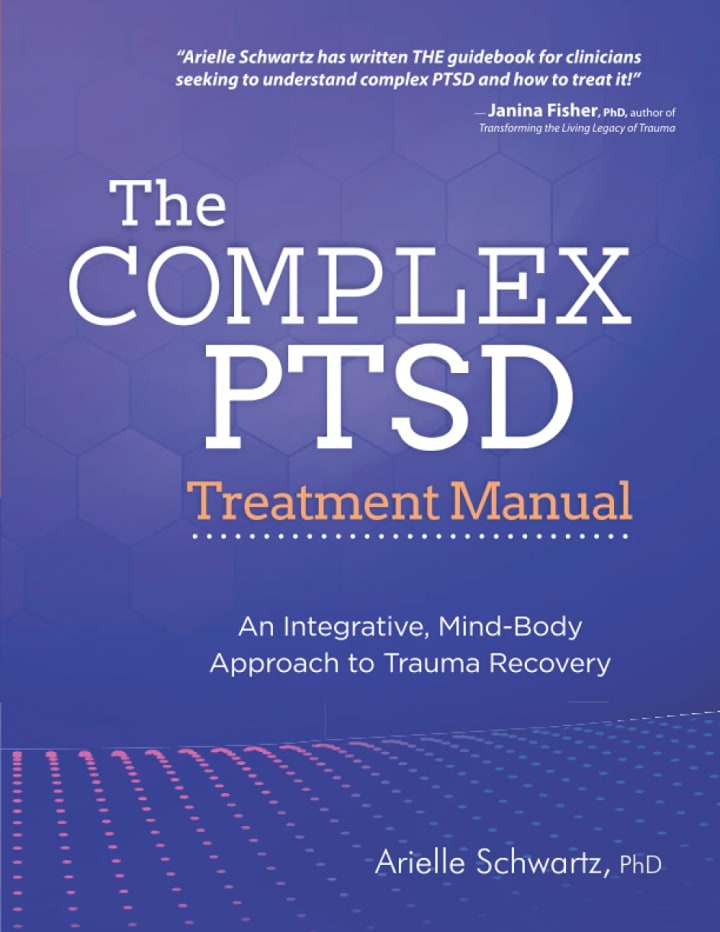Breaking The Stigma:Understanding PTSD and Learning how to Support Loved Ones
Different type of Trauma that can Cause PTSD

Post-Traumatic Stress Disorder (PTSD) is a mental health condition that affects individuals who have experienced or witnessed a traumatic event. It is a complex disorder that can impact one's quality of life and can even be debilitating. According to the National Center for PTSD, about 7-8% of the population will experience PTSD at some point in their lives. In this article, we will explore the causes, symptoms, treatments, and other ways to manage PTSD.
Causes of PTSD
PTSD can be caused by a variety of traumatic events such as combat exposure, physical or sexual assault, serious accidents, natural disasters, or other life-threatening events. However, not everyone who experiences a traumatic event will develop PTSD. It is believed that various risk factors such as genetics, brain chemistry, personality, and the severity of the trauma can increase the likelihood of developing PTSD.
Symptoms of PTSD
PTSD can cause a wide range of symptoms that fall into four categories: re-experiencing, avoidance, negative changes in mood and thinking, and hyperarousal. Re-experiencing symptoms include flashbacks, nightmares, and intrusive thoughts related to the traumatic event. Avoidance symptoms include avoiding people, places, or situations that may trigger memories of the trauma. Negative changes in mood and thinking symptoms include feeling detached, guilty, or hopeless. Hyperarousal symptoms include being easily startled, feeling tense or on edge, and having difficulty sleeping.
Treatments for PTSD
PTSD is a treatable condition, and there are several evidence-based treatments available that are effective. One of the most effective treatments is trauma-focused psychotherapy, which includes cognitive behavioral therapy (CBT), eye movement desensitization and reprocessing (EMDR), and prolonged exposure therapy. These therapies aim to help individuals process their traumatic experiences, manage their symptoms, and improve their quality of life.
In addition to psychotherapy, medication can also be prescribed to help manage symptoms of PTSD. Antidepressants and anti-anxiety medications are commonly used to help reduce symptoms of PTSD, but they are not effective for everyone.
Other ways to manage PTSD
In addition to traditional treatments, there are other ways to manage PTSD symptoms. These include exercise, mindfulness practices, and alternative therapies such as acupuncture and yoga. Exercise is beneficial for reducing symptoms of PTSD by reducing anxiety and depression, improving sleep, and increasing overall physical health. Mindfulness practices such as meditation and deep breathing can help individuals manage their symptoms by reducing stress and anxiety. Alternative therapies such as acupuncture and yoga have also been shown to be effective in reducing symptoms of PTSD.
*Read more from the book below, the link to the book is just below the picture.

Link to the book: https://amzn.to/3ZhvGCs
Conclusion
PTSD is a complex disorder that can significantly impact one's quality of life. However, with the right treatment and support, individuals can recover and lead fulfilling lives. It is important for those who have experienced a traumatic event and are experiencing symptoms of PTSD to seek help from a mental health professional. By working with a trained professional, individuals can learn to manage their symptoms and improve their overall well-being. This article has provided an overview of the causes, symptoms, treatments, and other ways to manage PTSD. It is important to remember that everyone's experience with PTSD is unique, and treatment should be tailored to meet the individual's specific needs. By raising awareness and understanding of this condition, we can support those who are struggling with PTSD and help them on their journey toward recovery.
About the Creator
Vivid Masonganyika
Hi there! My name is Vivid, and I'm a professional comic writer based in Zimbabwe. I'm passionate about comics, health research, and love stories, and I love sharing my knowledge and experiences with others.






Comments
There are no comments for this story
Be the first to respond and start the conversation.